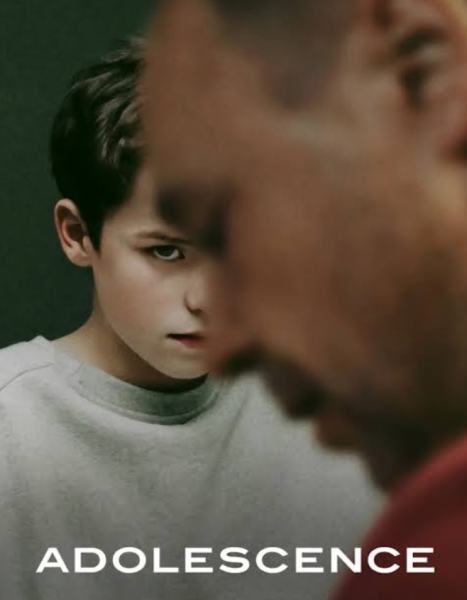Album Review: Joji loses his way in “Nectar”
⭐️⭐️⭐️✩✩

Cover of Joji’s “Nectar”
I have a complicated relationship with Joji. The artist George Miller—better known to some as Filthy Frank of the Youtube comedy sphere—relabeled himself as a musician several years ago. As a Youtube star, his comedy was raunchy, racist, and misogynistic. Joji has distanced himself from the artwork, but he has yet to apologize or offer any explanation. “I’m kind of making fun of racism and all that by being overly racist with this character,” said Miller, in an interview with music reviewer The Needle Drop in 2015. But in my experience, the plasticky brains of early-puberty sixth graders are simply unable to pick up on the supposed nuance of satire about racism. Hell, we hadn’t even taken prealgebra. Miller, armed with the power of Youtube’s demographic analytics, was perfectly able to understand that his audience was largely underage and laughing with Filthy Frank—not at his racism. So, when I evaluate Joji’s music, I can’t ever separate him from his art form as I could with, say, Kanye, who makes no claim to be “woke” or left-leaning. Yet in 2018, Filthy Frank—by then Joji—surprised me with his debut album Ballads 1. The extremely beautiful but lyrically superficial “SLOW DANCING IN THE DARK”, which currently has over 464 million streams on Spotify, still holds a permanent spot in my music library. So when Joji released “Nectar” on Sep. 25, I was hoping we’d get something better than Ballads 1.
Spoiler alert: “Nectar” is mostly bland. The 18-track album’s 53 minutes seem to drag on forever, and I’ve listened through it thrice. Joji’s hit-making ability shines through in the upbeat, fast-tempo single of “Gimme Love” and he successfully echoes the melancholy of “Will He” and “Yeah Right” in the opener mourning his (lack of a) love life, “Ew”, and a reflection on the effect of fame on his love life, “Mr. Hollywood”. The more experimental tracks, “Reanimator” featuring Yves Tumor, that devotes half of its 3 minutes to electronic instrumentals, and “NITROUS”, a moderate-paced song with the dings of a triangle in the background, are possible highlights. He tries too hard in “Tick Tock”, a bizarre chant about lost time, and “Pretty Boy”, which includes an inexplicably auto-tuned Lil Yachty feature. The other songs are largely forgettable and monotonous. Joji seems unsure of what direction to head—poppy teenage dance songs, or slow melodies about heartbreak? While he doesn’t need to choose, his indecision is evident when listening through the jumpy “Nectar”.
If you liked “Ballads 1” thoroughly, you’ll probably enjoy “Nectar”. If—like me—you desired the sound he showed off in his bigger hits, you’re not going to find it here. It’s worth a listen, but be prepared to want to throw your phone in a garbage can midway through “Tick Tock”.





Dara • Oct 22, 2020 at 3:37 am
I believe, that Joji’s journey of rediscovery is a process. He’s trying his best in my opinon. Although the auto-tune in some some songs were hilarious, Camille, try to not be so harsh on his new album.
Ethan • Oct 22, 2020 at 2:14 am
At risk of sounding like the sweaty, pre-pubescent sixth-grader army stereotype you write about here, I can say the evolution from his In Tongues EP to Nectar makes the album more than tolerable for me, I do agree that the heartbreak does get a bit bland. MODUS could have been moved a bit down the track list to combat that. I love this album because of the nostalgic feeling it gives me, not for the percussion or lyrics, so I’m biased. Good review, but go easy on the disgusting word choice, your personal hatred for his FilthyFrank persona really shines embarrassingly through this review, chill
Colette Delgado • Oct 1, 2020 at 3:22 pm
Great review! I agree with most if not all points. I was pretty disappointed with lil Yachty in Pretty Boy. I was looking forward to it when it was released earlier in the year as a short video. All the songs just blend together, and not in a good way. And while I don’t shame him for it, most of his songs seem to revolve around heartbreak and love and becomes in a way, boring. However I instantly fell in love with Run. It definitely is a track that stands out for me. It’s not his best work he has a whole career ahead of him that I look forward to. I’m hoping some day we can get the same production quality heard in a few Pink Season tracks without the unbelievably crude humor (satire or not).